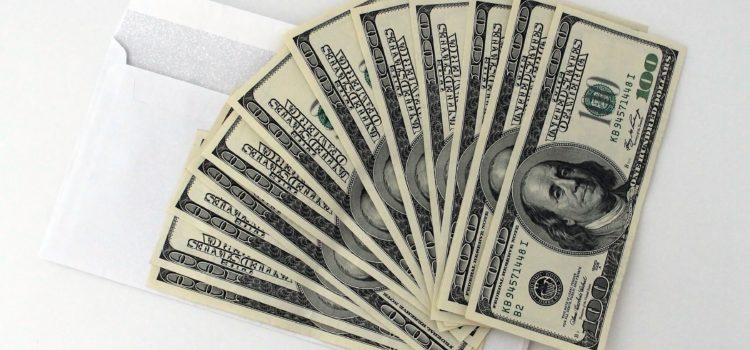Does Poverty, by America offer an accurate view of poverty in the US? What criticism has it received? There’s a growing canon of recent social science works exploring the phenomenon of poverty in America. One of these books is Matthew Desmond’s Poverty, by America. Upon its release, critics hailed it as an important and timely contribution to the conversation. Read more to see several top Poverty, by America reviews as well as some general information about the book.
Poverty, by America Reviews: Reactions From NYT, NPR, & WSJ










